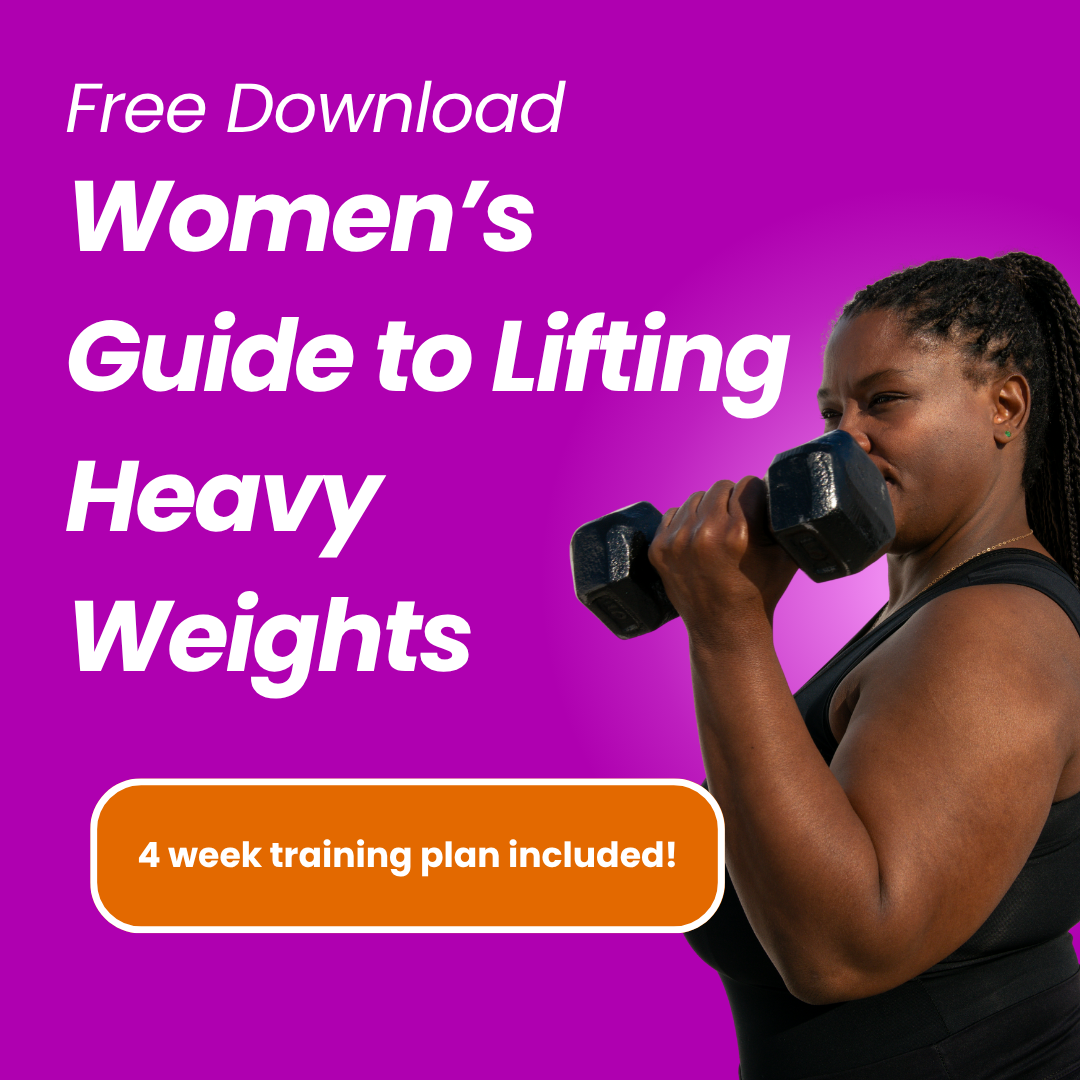
How to Use Your Athlete’s Mindset to Help Manage Menopause
Apr 23, 2023The same brain training that gets you over tough athletic hurdles can make menopausal challenges easier.
By Selene Yeager
As athletes, we train our brains all the time. When our legs start screaming at mile 17 of a marathon, we focus on our breath and practice positive self-talk. We visualize our muscles working in unison to crush a deadlift PR. We take slow deep inhalations and exhalations to calm race day nerves. We can harness these same brain-training skills to manage the challenges of menopause.
It comes down to using our thoughts to manage how we feel, especially in situations that otherwise feel out of our control. For example, we can't always control our physical reactions whether hot flashes, race morning butterflies, calf cramps, or waking up on soaked sheets at 3 a.m., but we can reframe our reactions and thinking patterns so we don't succumb to runaway stress and make things worse, but rather rein in our emotions so we can get on top of our needs to feel better.
CBT For the Win
Many of these strategies are elements of what psychology professionals call cognitive behavioral therapy (CBT), the practice of improving your well-being, mood or state of mind by intentionally changing your thinking patterns. Many of us have learned elements of it through our sports; trained professionals can help you master this incredibly useful tool.
Athletically, it can help us get through rough patches during endurance events or arduous workouts. Research shows it also can help us manage the performance stress and pressure that comes with competition. In one study of female hockey players, a CBT technique called cognitive restructuring helped them identify what made them feel pressured, understand how they responded emotionally, and then consider more helpful alternative responses. The results were immediate: they were able to reframe situations they viewed as threats as challenges instead, which resulted in the players feeling more positive emotions and greater satisfaction with their performance.
"Cognitive restructuring can help people take control of what they think about stress, which is incredibly empowering, study author and sport psychology researcher, Dr Faye Didymus, said in a press release. “This is particularly true in sport where individuals have to perform under pressure, either alone or as part of a team. CBT has been used in health and business settings to improve individuals' wellbeing and performance but its wider use in sport is long overdue,"
Many guests on the Hit Play Not Pause podcast also contends that its wider use in and beyond the menopause transition is long overdue as well.
In episode 35 The Menopause Manifesto with Dr. Jen Gunter, she explained that cognitive behavioral therapy can help women deal with disruptive menopause symptoms like hot flashes. In episode 20 Save Your Sleep with sleep scientist Dr. Sophie Bostock, she talked about how cognitive behavioral therapy for insomnia can work wonders for helping menopausal women improve their sleep. It’s come up on numerous shows dealing with anxiety and mood disturbances.
Research backs it up. A 2019 study published in the journal Menopause found that women practicing cognitive behavioral therapy enjoyed significant improvements in hot flashes, depression, sleep disturbances, and sexual concerns. The study, which included 71 women seeking treatment for menopausal symptoms, reported that the women still had improved symptoms at a three-month follow up. A 2021 study in Climacteric echoes those findings, especially when it comes to relieving anxiety and depression during menopause.
CBT works by disrupting the cycle of physical symptoms, thoughts, feelings, and behaviors that are inextricably interconnected. The way you think about a symptom, like a hot flash, can affect your emotions and behaviors, which can increase your anxiety and tension and, in turn, make your symptoms worse, setting up a vicious, repeating cycle.
For example, when a hot flash is coming on, it may ramp up stress and negative emotions and amplify them. A CBT-related strategy would be taking deep breaths and thinking more analytically about it, explained Dr. Alisha Brosse, a licensed psychologist and founding partner of the Boulder Center for Cognitive and Behavioral Therapies, in episode 43 of Hit Play Not Pause, Calm Your Mind.
“You may feel a hot flash coming on and think, ‘My thermoregulation really is off…they weren’t kidding.’ Maybe I can figure out what’s triggering this. I had a glass of wine. That could be it,” Brosse says. “That doesn’t mean you won’t feel emotions around it, but it lets you be more detached.” That turns down your stress response and also improves your ability to problem-solve. (Some women in our audience have also turned down their emotional response to hot flashes by envisioning them as their "give a f*cks" being burned off. MK Czerwiec's book Menopause: A Comic Treatment has some great illustrations on this.)
The same technique can help with increased anxiety or fear, Brosse explains. We can’t control what pops into our mind or an emotion that arises, but we can influence how we respond to it. “If you’re having a catastrophic thought you can feed it, fuel it, believe it, or you can say, ‘Oh, it’s just a thought,’” she explains. Like if you’re mountain biking down a trail you’ve always been confident on and feel a wave of fear, you can acknowledge it more objectively as hormonally related, a misfiring of your fear system, recognize that you’re not less skilled than you were three months or three years ago, and better work your way through it rather than amping it up and being consumed by it. Looking at these thoughts and feelings more objectively also makes it easier to give yourself compassion when it’s just not your day and you need to walk something you’d ordinarily ride.
For more specific examples of applying CBT to some of the most common menopausal symptoms, there's a great tutorial here at the website Women’s Health Concern, which is an arm of the British Menopause Society.
To be clear, CBT won’t magically make your symptoms go away. But it can definitely make them easier to manage and lessen their severity, which is often all you need to get on with the task at hand, whether it’s racing your bike, running a marathon, or just trying to get a good night’s rest. And, of course, you can use CBT with other therapies like hormone therapy. They’re not mutually exclusive.

Make a Moment for Mindfulness
Mindfulness is another sports psyche tool that is useful for menopausal women. In its simplest form, it's deliberately drawing your attention to the present moment and letting your thoughts come and go without judging or becoming emotionally caught up in them.
Practiced consistently, research shows mindfulness can lower cortisol levels long-term, which is particularly good for menopausal women and/or endurance athletes who are at risk for elevated levels of the stress hormone. It can also help improve your sleep.
If your menopausal monkey brain would rather ruminate on catastrophic scenarios than spare you a few moments for serenity, Brosse suggests giving yourself designated worry time.
“This is a great strategy for people who are very worry-prone. Set a timer and give yourself 10 minutes. Say, ‘Okay mind, where do you need to go? This is your time to worry.’”
The key is really devoting that time to worrying, she says. You can problem-solve and strategize later. In that designated time, take each worry your brain conjures up, worry it to pieces, and move on to the next. When the timer goes off, go do something completely different. Make lunch. Walk the dog. Go back to a project you were working on. If a worry starts creeping in, say, ‘Okay mind, you can absolutely worry, but now's not the time. You already had some designated time today, and you'll have more tomorrow.’
Over time your brain starts recognizing that worrying isn’t very productive, you won’t need the worry time quite as much, and you'll be able to practice mindfulness without unwanted worries crashing in.
Get Feisty 40+ in Your Inbox
We hate SPAM. We will never sell your information, for any reason or send you emails that suck!


